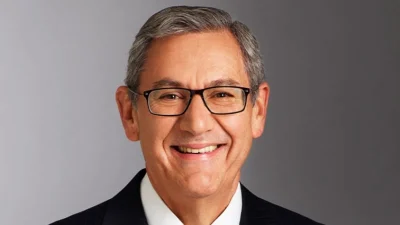SCT punishes fund for rollover loss




The rapid decline in investment returns at the height of the global financial crisis and the decision by a superannuation fund to invest a retired member’s large termination rollover into a growth option rather than in cash has resulted in the fund being ordered to make up the resultant difference of more than $90,000.
The Superannuation Complaints Tribunal (SCT) in December ordered the superannuation fund to compensate the member for the difference between what his defined benefit termination rollover was worth on 12 October, 2008, and what it was worth some five months later — an amount of $92,409.
In a judgement reinforcing the need for superannuation trustees to ensure clarity in their dealings with members, the SCT accepted the word of the retired fund member that he had never been informed that his crystallised benefit would be invested in the growth option selected for his accumulation account.
The tribunal also accepted that the member had contacted the fund both before and after his retirement to inform the trustee of his retirement, that he had no knowledge of the monies being invested in a growth option and that he was entitled to assume it was retained in cash.
The SCT pointed to the absence of specific information in the superannuation fund’s documentation about how a member’s rollover would be treated and stated: “In the tribunal’s view, the complainant was entitled to assume, in the absence of his specific authorisation to the contrary, that no investment decision would be made in relation to his defined benefit entitlement”.
The superannuation fund trustee was not only ordered to make up the difference in the member’s account balance but also pay interest on the additional amount.
Recommended for you
The two funds have announced the signing of a non-binding MOU to explore a potential merger.
The board must shift its focus from managing inflation to stimulating the economy with the trimmed mean inflation figure edging closer to the 2.5 per cent target, economists have said.
ASIC chair Joe Longo says superannuation trustees must do more to protect members from misconduct and high-risk schemes.
Super fund mergers are rising, but poor planning during successor fund transfers has left members and employers exposed to serious risks.











